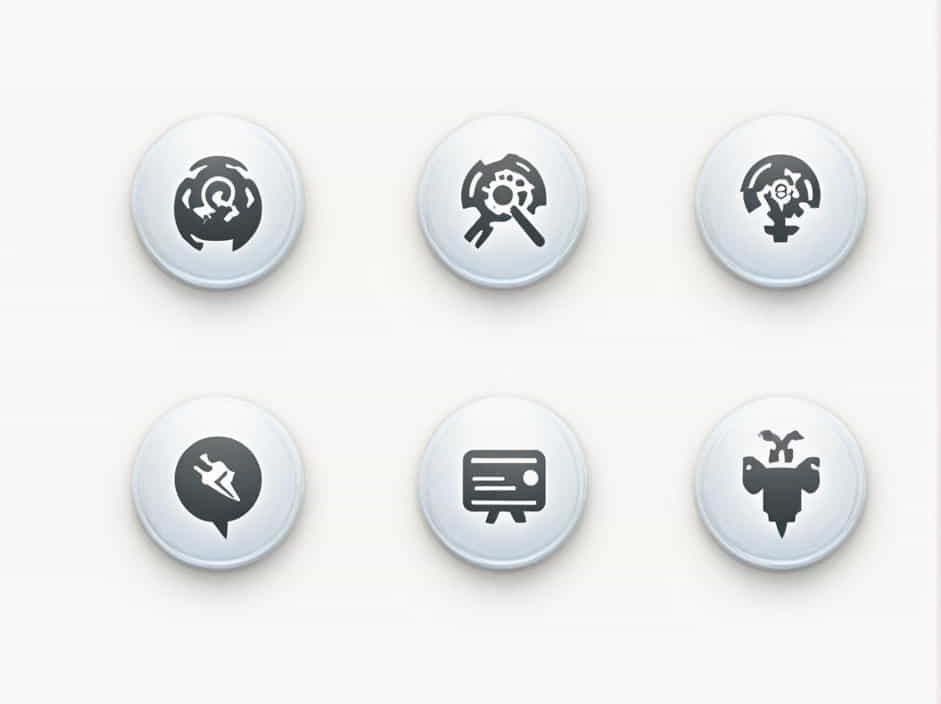The word troublemaker is often used to describe someone who causes problems, stirs up conflict, or disrupts situations. But what exactly does it mean? Is a troublemaker always a negative figure, or can they play a positive role in society?
In this topic, we will explore the definition of a troublemaker, different types of troublemakers, their characteristics, and how to deal with them.
Definition of a Troublemaker
A troublemaker is a person who intentionally or unintentionally causes trouble, conflict, or disorder in a group, workplace, school, or society. The term can have both negative and positive connotations, depending on the context.
Common Meanings of Troublemaker
- A Person Who Causes Disruptions – Someone who disturbs peace, starts arguments, or creates chaos.
- A Rule Breaker – Someone who refuses to follow rules and challenges authority.
- A Rebel or Activist – In some cases, a troublemaker is a change-maker who fights against injustice.
Types of Troublemakers
Not all troublemakers are the same. They can be classified into different categories based on their motivations and behaviors.
1. The Mischief Maker
🔹 Loves to prank, tease, and play jokes
🔹 Causes minor disruptions for fun
🔹 Often seen in schools and friend groups
2. The Rule Breaker
🔹 Disobeys rules and authority
🔹 Enjoys challenging limitations
🔹 Common in workplaces and schools
3. The Drama Creator
🔹 Loves gossip and conflict
🔹 Enjoys spreading rumors
🔹 Causes emotional turmoil in groups
4. The Rebel With a Cause
🔹 Challenges injustice and fights for change
🔹 Often seen in activism and protests
🔹 May be viewed as a troublemaker by authorities but as a hero by supporters
5. The Workplace Troublemaker
🔹 Creates tension among colleagues
🔹 Often engages in office politics
🔹 Can affect productivity and teamwork
Characteristics of a Troublemaker
While troublemakers come in many forms, they often share common traits:
✔ Strong-willed – They stand by their beliefs and don’t easily back down.
✔ Bold and Outspoken – Not afraid to speak up, even in difficult situations.
✔ Disruptive – Their actions often cause tension or disorder.
✔ Charismatic or Manipulative – Some troublemakers influence others to follow their lead.
✔ Risk-Takers – They challenge rules and take risks, sometimes recklessly.
Why Do People Become Troublemakers?
The reasons behind troublemaking behavior vary:
🧠 Personality Traits – Some people naturally enjoy pushing boundaries.
🏫 Environment – Growing up in a strict or chaotic setting can influence behavior.
🚨 Seeking Attention – Some people create trouble to gain recognition.
⚖ Desire for Change – Some troublemakers believe rules are unfair and need to be challenged.
The Positive and Negative Sides of Being a Troublemaker
Negative Aspects
🔴 Can create unnecessary conflict
🔴 May disrupt harmony in social or work settings
🔴 Often seen as irresponsible or reckless
Positive Aspects
🟢 Challenges unfair rules
🟢 Encourages critical thinking and discussion
🟢 Leads to social change in certain cases
Not all troublemakers are harmful—some have helped bring about revolutions, innovations, and progress.
How to Deal with a Troublemaker
Whether at school, work, or in personal life, handling a troublemaker requires strategy.
1. Stay Calm and Avoid Confrontation
🚫 Do not react emotionally.
🧘 Stay composed and approach the situation rationally.
2. Set Clear Boundaries
📢 Make expectations clear.
⚖ Let them know what behavior is acceptable and what is not.
3. Communicate Directly
💬 Talk to the troublemaker privately.
👂 Listen to their perspective while firmly addressing the issue.
4. Encourage Positive Leadership
🌟 Channel their energy into something productive.
📈 Assign them responsibilities that match their strengths.
Famous Troublemakers in History
Some of the world’s most influential figures were considered troublemakers in their time:
⚡ Mahatma Gandhi – Challenged British rule through non-violent protests.
⚡ Martin Luther King Jr. – Fought for civil rights despite facing opposition.
⚡ Steve Jobs – Questioned the status quo and revolutionized technology.
These examples show that not all troublemakers are bad—some change the world for the better.
A troublemaker is someone who disrupts, challenges, or stirs up situations. While some troublemakers create unnecessary problems, others help bring positive change.
Understanding the different types of troublemakers and their motivations can help us deal with them effectively. Whether seen as a nuisance or a visionary, troublemakers play a significant role in society, workplaces, and history.
